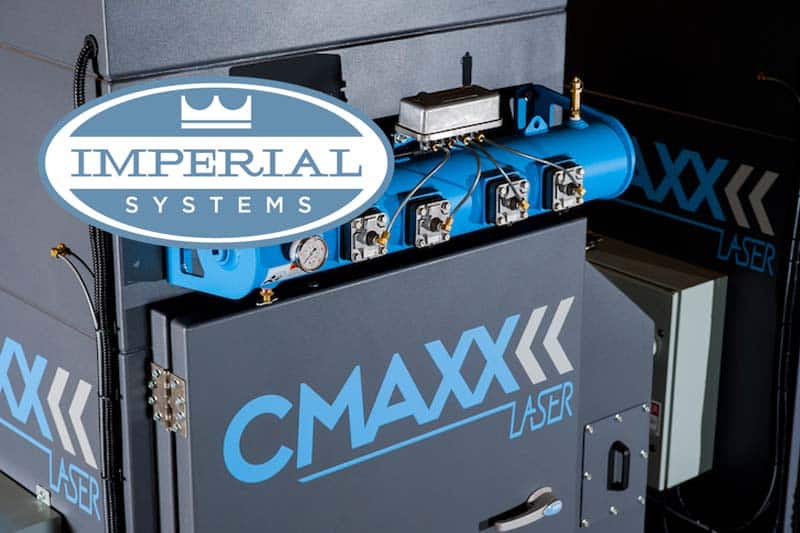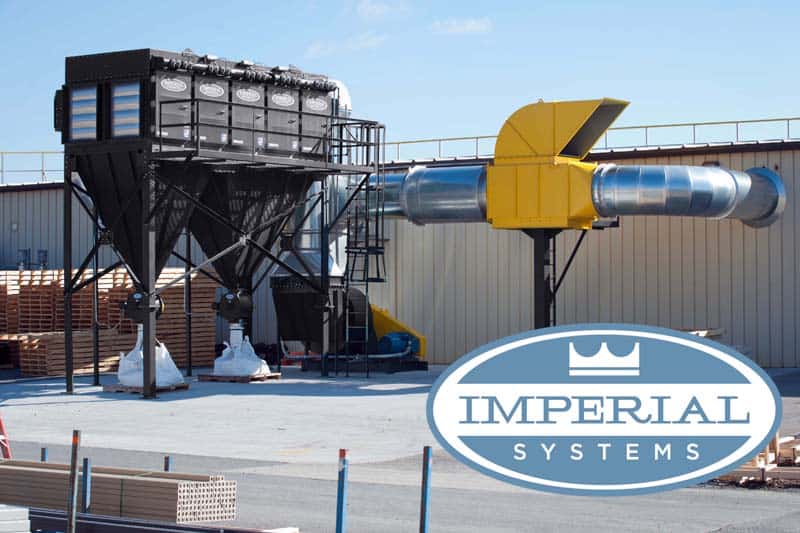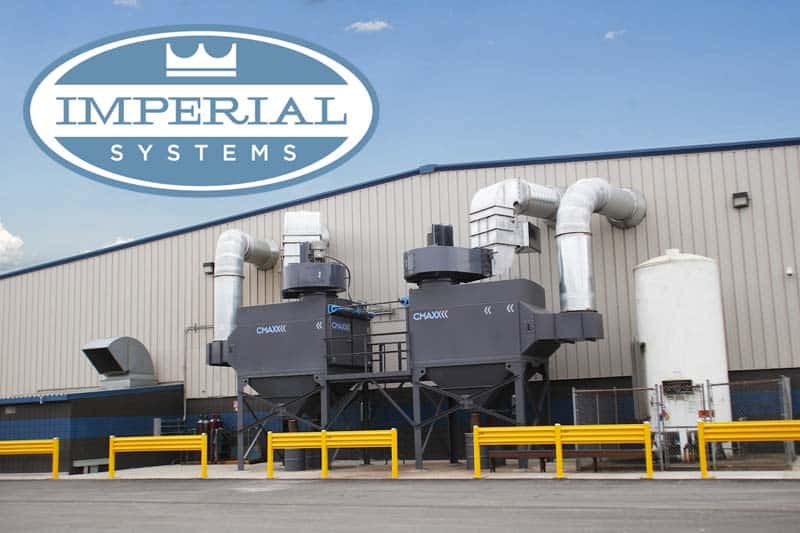Blog
The Air You Breathe At Work: Ask Questions
Asking Questions About the Air You Breathe at Work OSHA rules mandate that you have a right to know about any safety hazards that are present in your workplace, including the air you breathe. Most managers, supervisors, and owners certainly want their employees to...
Wet Dust Collector vs. Dry: Which is Better?
We manufacture dust control systems that use filters (bags or cartridges). So, we obviously have a preference for dry systems. But what about a wet dust collector? Wet Dust Collector Pros and Cons Both wet and dry systems have their advantages and disadvantages....
Combustible Dust Standard: A Stalemate
Stalemate Between Federal Agencies May Be Moving Toward Resolution A combustible dust standard may mean more stringent control measures and a lot more new tests and reports. Additionally, major growth in the air quality control industry may result, especially for...
Baghouses: How They Work
People often use baghouses and dust collectors as synonyms. What is a baghouse? It is a system in which bags made of various materials filter the air. The system periodically cleans the bags to remove accumulated dust. Today, cartridge dust collectors are...
Toxic Metal Dust Danger
What Makes Good Chromium Go Bad? How This Anti-Corrosion Wonder Metal Can Turn Into an Occupational Health Disaster Chromium is an amazing metal. Polish to a brilliant shine and will keep that shine without tarnishing or corroding. When allowed with other metals,...
Dust Testing FYI
The Mechanics of Deflagration: Dust Testing Research Some dusts are more dangerous than others. The organizations that set standards for combustible dust management, like OSHA and the National Fire Protection Association, run dust testing on many types of dust to...


